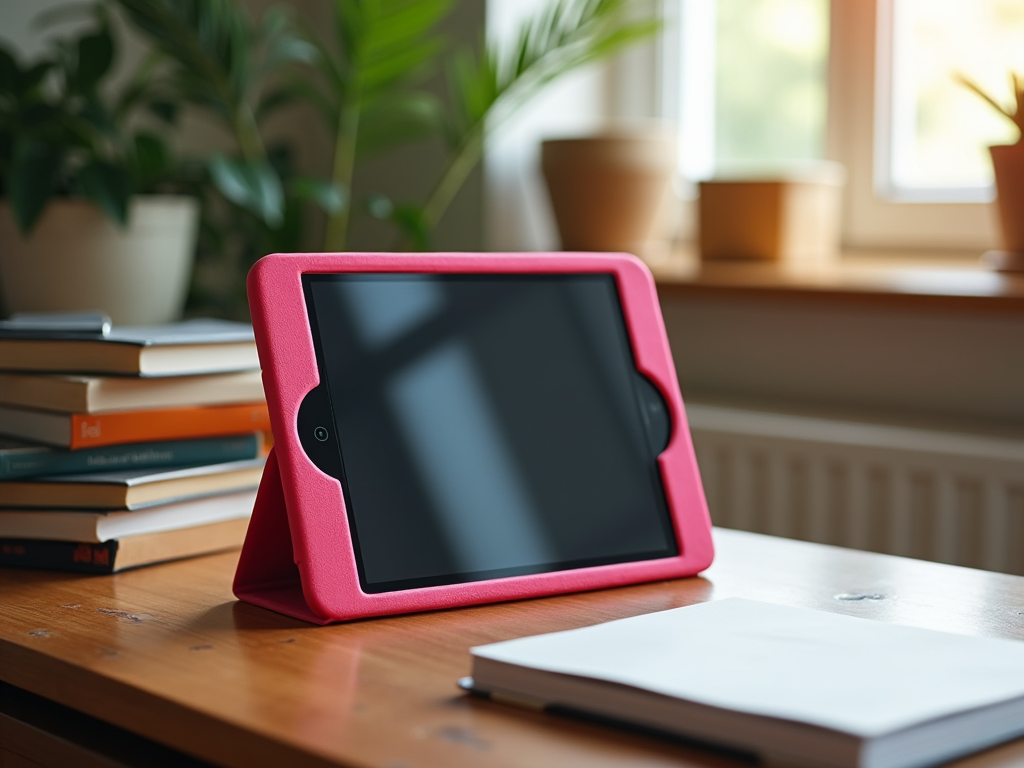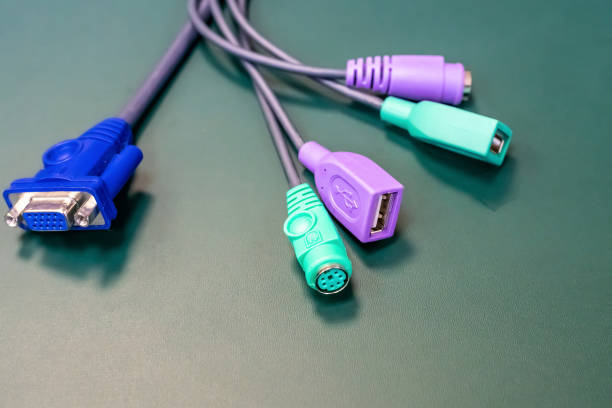When colder weather strikes, homeowners might find themselves facing a perplexing issue – their garage door remote not working as expected. The frustration of a non-responsive remote in the midst of a freezing morning is more than an inconvenience; it could signal underlying issues that need immediate attention. In this article, we’ll dive into the common problems that could cause your garage door remote to malfunction in cold temperatures and provide efficacious solutions to restore its functionality. Understanding these challenges will ensure that your garage doors remain accessible, even in the coldest weather.
The Impact of Cold Weather on Garage Door Remote Functionality
As the thermometer drops, you might notice that your garage door remote does not perform as well as it usually does. Colder temperatures can affect the electronic components within the remote, leading to a decrease in its efficiency. Not only do the mechanisms in door openers slow down, but the batteries inside the remotes also lose power more rapidly. The varying types of garage door remotes in use, from standard push-button models to smart-enabled devices, each might have their vulnerabilities when it comes to weathering the cold.

Common Cold-Weather Remote Issues and Solutions
In colder weather, batteries can lose their charge faster or might not operate efficiently, which is a common culprit for a garage door remote not working. To overcome this, consider switching to batteries better suited to colder conditions, such as lithium batteries, which have a sturdier performance in the cold. When replacing the batteries, ensure that the compartment is free of rust or corrosion, as these could also hinder battery performance.
Here are some tips for maintaining battery health in cold weather:
- Switch to high-quality lithium batteries before winter arrives.
- Keep spare batteries in a warm, indoor environment for quick replacements.
Condensation and Moisture Problems
Condensation within the remote could cause buttons to stick or the electronic circuitry to fail. To combat this, regularly check your remote for any signs of moisture and take preventative measures such as using silica gel packs. Additionally, storing your remote in a warmer environment, like inside your home, can help avoid the build-up of condensation.
Range and Sensitivity Reduction
Garage door openers might have reduced sensitivity during colder temperatures, which means your remote may need to be closer to the receiver than usual to work. If this becomes a problem, you may need to adjust the antenna on the main opener unit or even consider installing a remote signal booster.

Preemptive Measures to Avoid Garage Door Remote Malfunctions in Winter
To prevent the frustration of a garage door remote not working, proactive maintenance is key. Regularly checking and replacing batteries, weather-stripping the garage to keep the temperature stable, and cleaning the remote’s sensor and receiver will go a long way. Additionally, keeping an eye on the mechanical parts of your garage doors can prevent issues unrelated to the remote but could cause further complications in colder weather.
Professional Help and When to Seek It
Even with the best maintenance efforts, some issues with your garage door remote might need a professional’s touch. If none of the DIY fixes revive your remote, it will need expert diagnosis. Licensed professionals can handle more significant issues that could be affecting your door openers, such as wiring problems or mechanical failures within the opener itself.
DIY Fixes for Immediate Relief
Before calling in the experts, there are a few solutions you can attempt on your own for a garage door remote not closing or opening. First, start by replacing the batteries, as weak batteries are the most common issue. Ensure that the remote is dry and free of any dirt or debris that might be blocking the signal. Here is a troubleshooting list of quick fixes:
- Replace the batteries with new, high-quality ones.
- Clean the remote’s contacts and buttons gently with a dry cloth.
Here are some additional tips presented in a table for easier reference:
| Problem | Possible Cause | Action to Take |
|---|---|---|
| Remote not working | Dead batteries | Replace batteries |
| Remote buttons stick | Moisture/condensation | Dry out the remote, consider using silica gel |
| Remote has limited range | Obstructions or antenna issue | Clear obstructions, adjust antenna, consider a booster |

Conclusion
In conclusion, multiple factors stemming from colder weather can lead to your garage door remote not working properly. From drained batteries to condensation and a loss of range or sensitivity, these issues can be addressed with a combination of proactive maintenance and timely troubleshooting. Always start with the simplest solutions, such as battery replacement and remote drying, before moving on to more complex tasks or professional assistance. By following the tips provided in this article, you can ensure that your garage doors keep functioning smoothly throughout the winter season.
FAQs
Q1: Can cold weather permanently damage my garage door remote?
A1: While cold weather can cause temporary malfunctions, it’s unlikely to cause permanent damage if the remote is properly cared for. However, repeated exposure to extreme conditions without proper maintenance could be harmful.
Q2: Why does my garage door remote work intermittently in cold weather?
A2: Intermittent function can be caused by battery issues, moisture inside the remote, or reduced sensitivity due to cold weather. Check the battery and ensure the remote is dry and shielded from the elements.
Q3: What type of batteries should I use in my garage door remote for better performance in cold weather?
A3: Lithium batteries are usually recommended for cold weather as they perform better than alkaline batteries in low temperatures.
Q4: How can I prevent condensation from forming inside my garage door remote?
A4: Keep your remote in a dry environment, use silica gel packets or consider a protective case to help prevent condensation.
Q5: Should I try to repair my garage door remote myself?
A5: If the repair is simple, like replacing the battery or drying out moisture, you can do it yourself. However, for more complex issues or if the remote still does not work after basic troubleshooting, consider consulting a professional.



